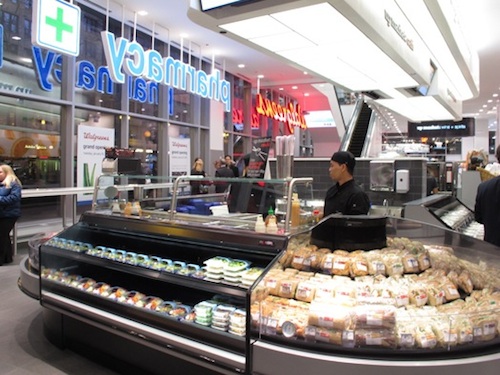Landlords can BID adieu to choice
Boston Business Journal by Thomas Grillo,
tgrillo@bizjournals.com
John Rattigan, chairman of the Downtown Crossing BID’s board of directors and partner at DLA Piper, says providing an opt-out for landlords not to pay toward the BID was “flawed.”
the Downtown Boston Business Improvement District had a choice before whether to pay a voluntary tax based on their real estate assessment, the “no thanks” option has been removed, according to an article in Friday's Boston Business Journal.
Under the legislation, landlords who opted out of paying into the Boston’s BID established in 2010 will be required to contribute or face a lien on their property when the improvement district comes up for renewal in 2015. The BID includes a 34-block area in Downtown Crossing and portions of the Theatre and Financial districts.
“Landlords have to realize they’re part of a big picture and not just an island to themselves,” said Mayor Thomas M. Menino.“A BID increases the economic opportunity for everyone in that area and it’s unfair for some to pay while others do not. It’s about everyone sharing the burden and working together to make Downtown Crossing a better place.”Of the 308 property owners in Downtown Crossing, 251 are participating while 57 opted out, an 81 percent membership rate. BIDs call for a fee to be assessed on commercial properties. In exchange, they get public spaces that are cleaned and maintained, visitors are welcomed and assisted, connections are made for those in need of social services, special events, upgraded streetscapes and capital improvements and “ambassadors” who help direct tourists and serve as extra security on the street.
For Boston’s BID, the new law, part of Gov. Deval Patrick’s economic development package, will add an extra $1 million to the $3.2 million they raise annually from landlords in the 34-block district in the downtown area.



